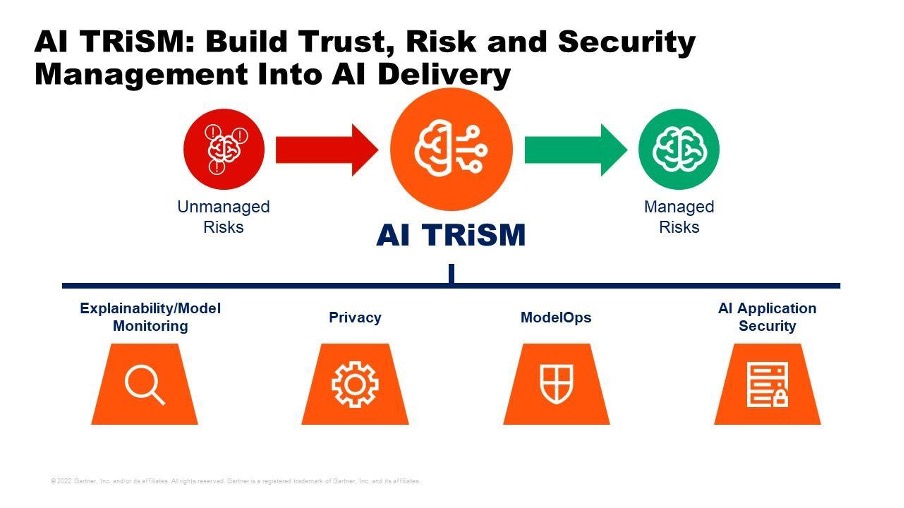
In the rapidly evolving landscape of modern business, strategic intelligence has emerged as a cornerstone for organizational success. This discipline focuses on the systematic collection and analysis of information to guide strategic decision-making. At its core, strategic intelligence involves gathering data from various sources, interpreting it through Principios de Inteligencia Estratégica analytical methods, and applying insights to make informed decisions. This holistic approach ensures that businesses can anticipate changes, identify opportunities, and mitigate risks effectively.
One of the fundamental principles of strategic intelligence is the importance of a clear and well-defined objective. Organizations must establish precise goals for their intelligence efforts to ensure that the data collected is relevant and actionable. Without a clear purpose, the vast amount of information available can become overwhelming and lead to analysis paralysis. By setting specific objectives, businesses can focus their resources on gathering and analyzing data that directly supports their strategic goals.
Another key principle is the need for a robust data collection process. Effective strategic intelligence relies on the systematic gathering of information from diverse sources, including market research, competitive analysis, and internal performance metrics. Organizations must implement structured methods to collect data accurately and efficiently. This includes leveraging technology such as data analytics platforms and business intelligence tools to streamline the collection process and ensure data integrity.
Analytical rigor is also crucial in strategic intelligence. Once data is collected, it must be analyzed to extract meaningful insights. This involves using analytical techniques such as trend analysis, SWOT analysis, and predictive modeling to interpret the data. Strategic intelligence requires not only the ability to identify patterns and trends but also the capability to make projections and forecasts based on historical data. This analytical depth enables organizations to make data-driven decisions that are both informed and forward-looking.
Moreover, effective communication of intelligence findings is essential for driving strategic decisions. Data and insights must be presented in a clear, concise manner to facilitate understanding among decision-makers. This involves creating comprehensive reports, visualizations, and presentations that translate complex data into actionable recommendations. The ability to communicate findings effectively ensures that strategic intelligence can be leveraged to its fullest potential, influencing key decisions and shaping organizational strategy.
Finally, the principle of continuous evaluation underscores the importance of adaptability in strategic intelligence. The business environment is dynamic, with constantly changing market conditions and emerging trends. Organizations must regularly review and update their intelligence processes to remain relevant and effective. This involves assessing the accuracy of predictions, refining data collection methods, and staying informed about new analytical techniques. By embracing a culture of continuous improvement, businesses can maintain a competitive edge and navigate uncertainty with greater confidence.
